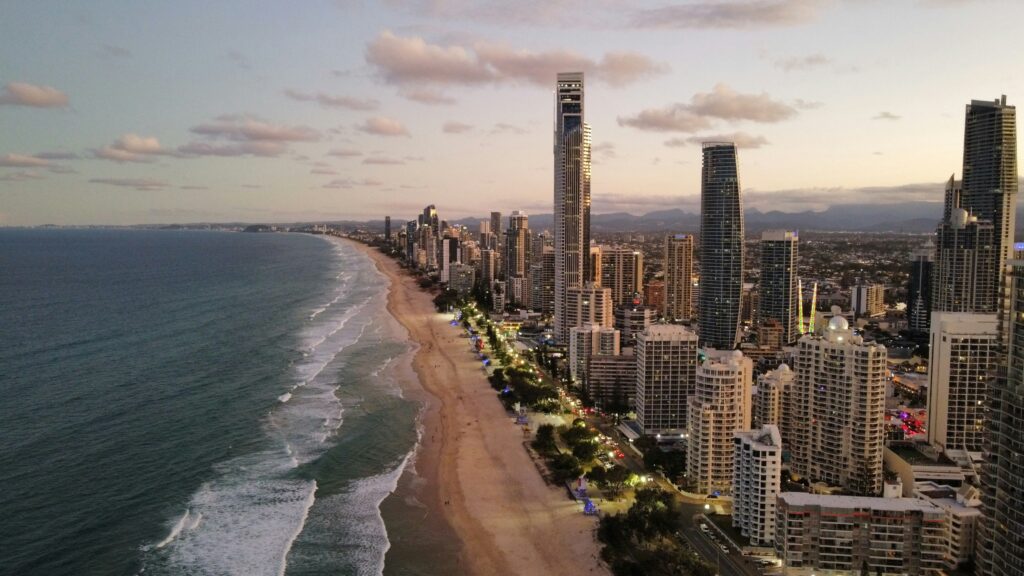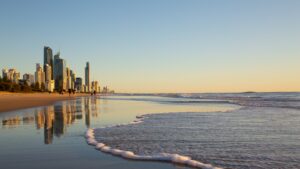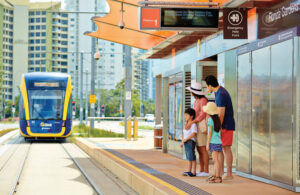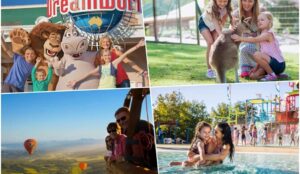
Plenty of choice: 100+ primary schools and dozens of high schools. Quality is strong across public and private, but research zones and enrol early.
Public (state) schools: Popular options like Broadbeach SS and PBC State High fill fast and enforce strict catchments. Many families choose suburbs for the zone—check the map before you house-hunt. Other well-regarded picks include Varsity College (P–12), Benowa SHS (French Immersion), Helensvale and Elanora.
Private schools: Standouts include TSS, St Hilda’s, Somerset, All Saints, King’s, Hillcrest and A.B. Paterson. Fees and commute vary; many offer buses. Apply early—waitlists are common, especially for Prep and Year 7.
Tertiary & training: Bond University, Griffith University (with teaching hospital), Southern Cross (Coolangatta) and multiple TAFE Queensland campuses mean you can study locally from school through to degree.
Key admin: QLD runs four terms (Jan–Dec). Prep cut-off is 30 June. Public enrolments typically open in Term 3; in-zone mid-year moves are usually accommodated. Private schools often require interviews and orientations.
Bottom line: Decide public vs private early, confirm catchments, and line up documents. The Coast has great options for academics, sport and arts—at every stage.







 Hospitals: Gold Coast University Hospital (Southport) and Robina Hospital cover major public care. Private options include Gold Coast Private (Southport), Pindara (Benowa) and John Flynn (Tugun).
Hospitals: Gold Coast University Hospital (Southport) and Robina Hospital cover major public care. Private options include Gold Coast Private (Southport), Pindara (Benowa) and John Flynn (Tugun).
